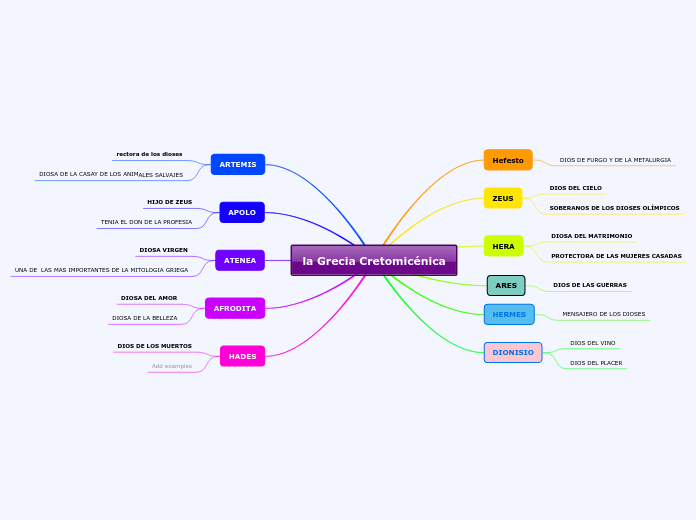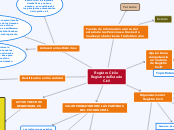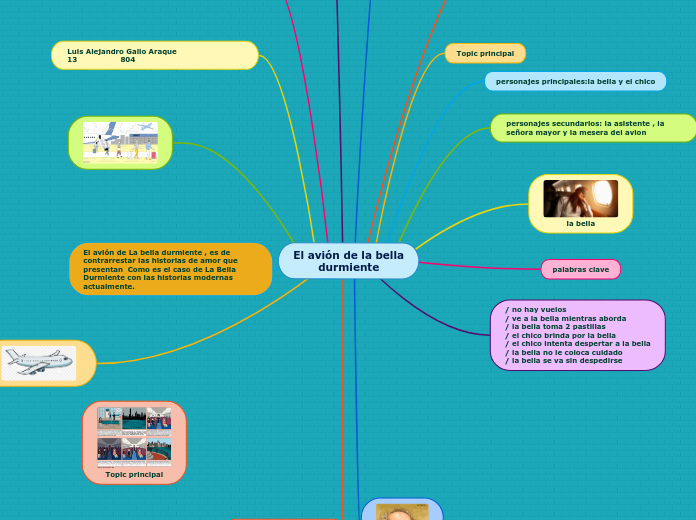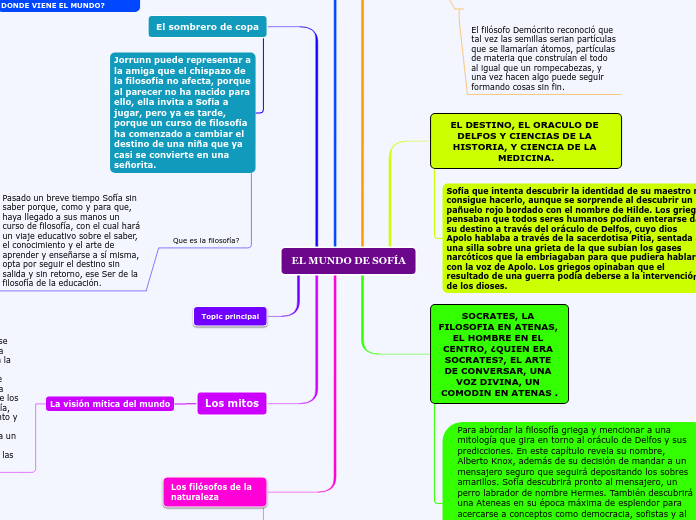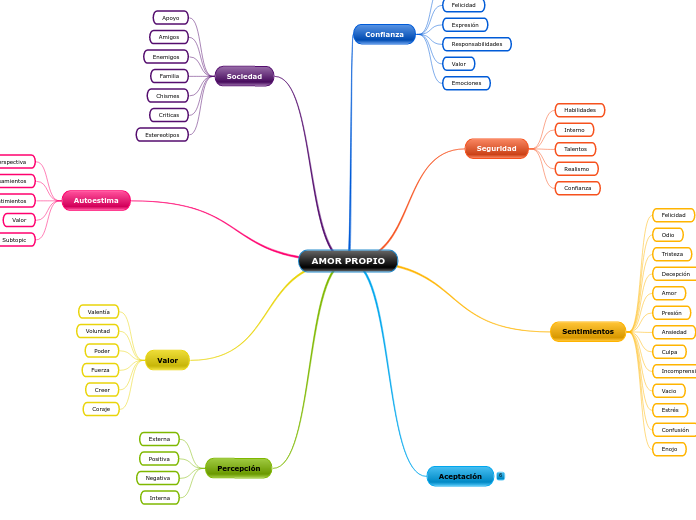la Grecia Cretomicénica
A noun is a word that functions as the name of some specific thing or set of things, such as living creatures, objects, places, actions, qualities, states of existence, or ideas.
HADES
Compound nouns are words where two nouns have been stuck together to make a new noun. Compound nouns should be written as one word, without a hyphen.
Add examples
DIOS DE LOS MUERTOS
AFRODITA
Generic nouns are nouns that are part of a generic statement. Generic nouns can be singular or plural. The opposite of generic nouns is collective nouns.
The difference between definite/indefinite and generic nouns is that in the sentence there must be a blanket statement or question.
DIOSA DE LA BELLEZA
DIOSA DEL AMOR
ATENEA
Proper nouns are the names of specific people or places. They should always begin with a capital letter.
UNA DE LAS MAS IMPORTANTES DE LA MITOLOGIA GRIEGA
DIOSA VIRGEN
APOLO
A concrete noun is a noun that can be identified through one of the five senses (taste, touch, sight, hearing, smell).
TENIA EL DON DE LA PROFESIA
HIJO DE ZEUS
ARTEMIS
Possessive nouns are nouns which possess something, normally another noun.
DIOSA DE LA CASAY DE LOS ANIMALES SALVAJES
rectora de los dioses
DIONISIO
DIOS DEL PLACER
DIOS DEL VINO
HERMES
MENSAJERO DE LOS DIOSES
ARES
Countable nouns are nouns that can be counted, even if the number might be extraordinarily high.
Uncountable nouns are nouns that come in a state or quantity which is impossible to count; liquids are uncountable, as are things which act
like liquids.
DIOS DE LAS GUERRAS
HERA
Common nouns are words for people, places or things that aren’t specific (as opposed to a proper noun which refers to only one person, place or thing).
Common nouns can be countable or uncountable, singular or plural.
PROTECTORA DE LAS MUJERES CASADAS
DIOSA DEL MATRIMONIO
ZEUS
A noun which refers to a group of things/people.
SOBERANOS DE LOS DIOSES OLÍMPICOS
DIOS DEL CIELO
Hefesto
A noun which cannot be identified by using one of the five senses (taste, touch, sight, hearing, smell).
DIOS DE FURGO Y DE LA METALURGIA
